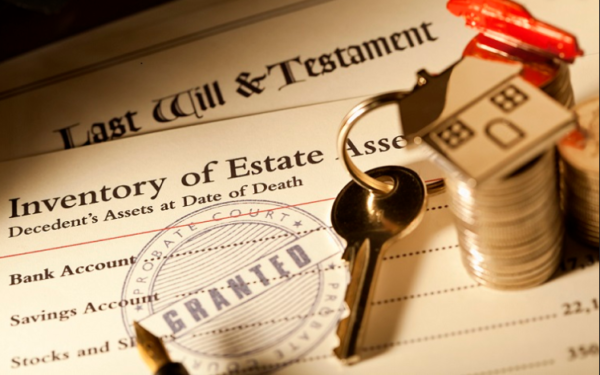
As an Estate Planning in the Daytona Beach area, I have the privilege to help my clients in all aspects of setting up wills, trusts, and similar legal documents. I recently had an estate planning client that had a question that I think many folks have but are hesitant to ask and I wanted to share my answer to him in a blog. He has a child who had a substance abuse disorder, and his question to me was, ‘What do I do in this situation?’”
Although this might appear to be an unusual inquiry, it is more and more common. According to a Pew survey of US adults conducted in 2017, 46 percent of adults have a close friend or family member who is or has been addicted to drugs.
As the opioid epidemic continues to impact our nation, families are in constant search of answers as to how they can help loved ones with addiction issues after they are gone. When you are faced with a situation that you wish to not leave anything outright to this child directly, you may want to consider an “opioid trust.” This would ensure that the money would specifically pay for recovery-related expenses: rehabilitation bills, therapist payments, and treatment bills. This would create a tough love scenario with no direct support to the child unless directly related to recovery with the goal to stay clean for the long-term.



